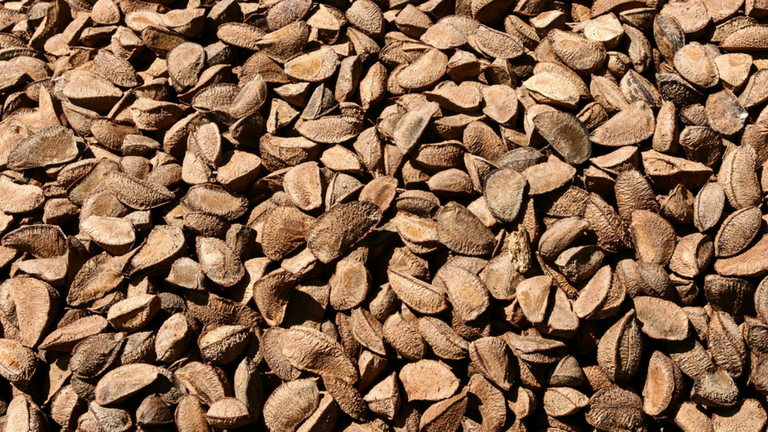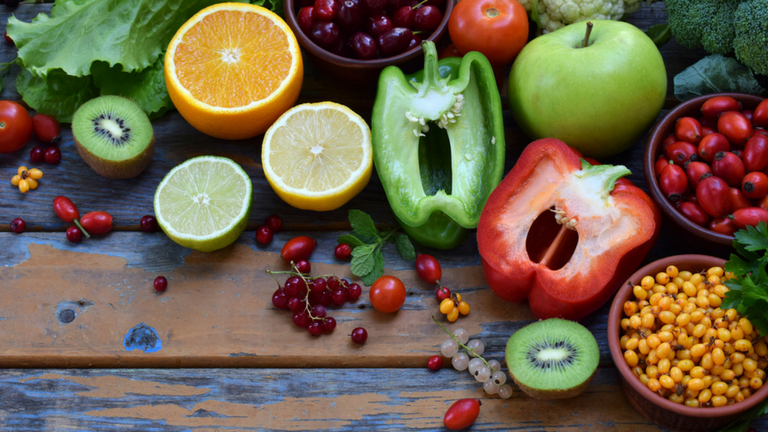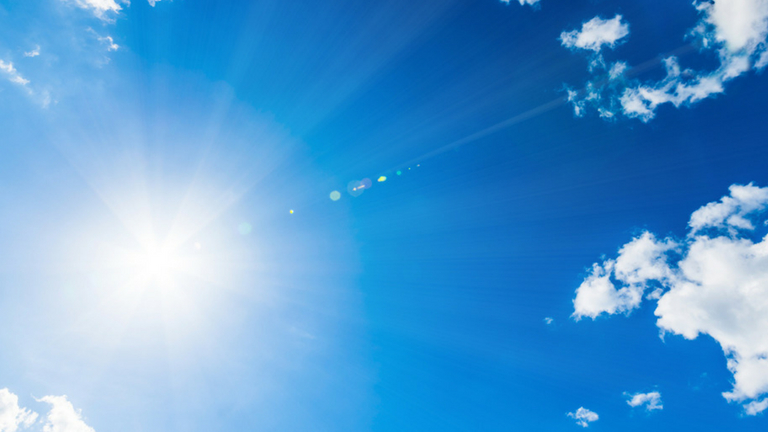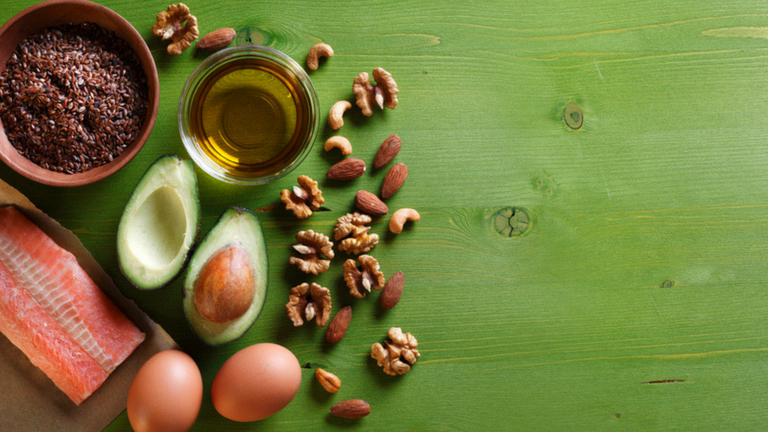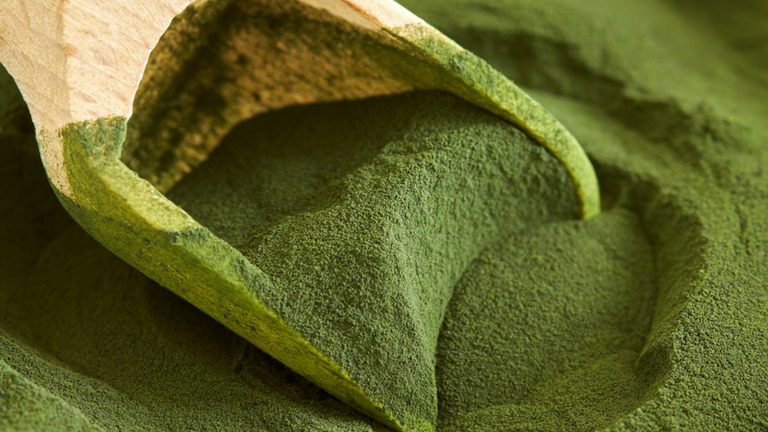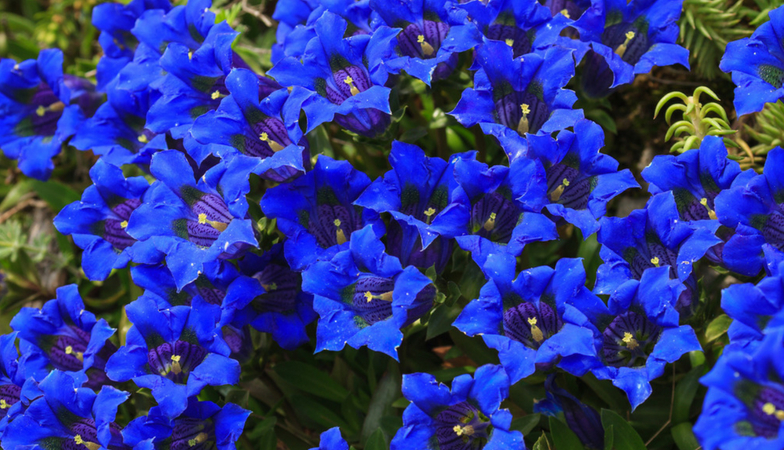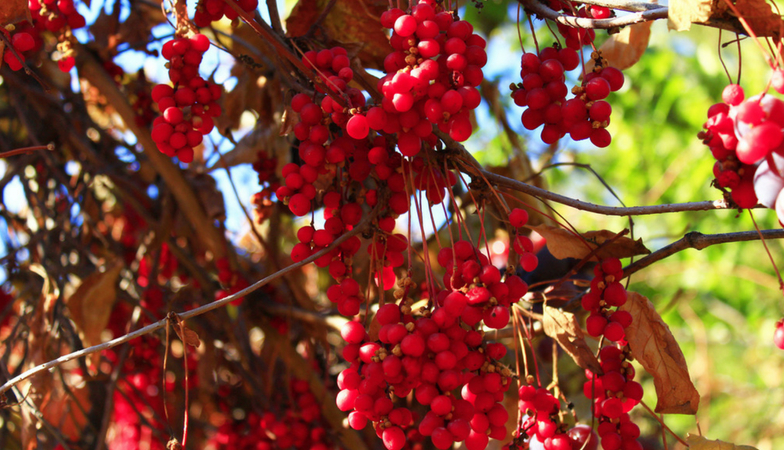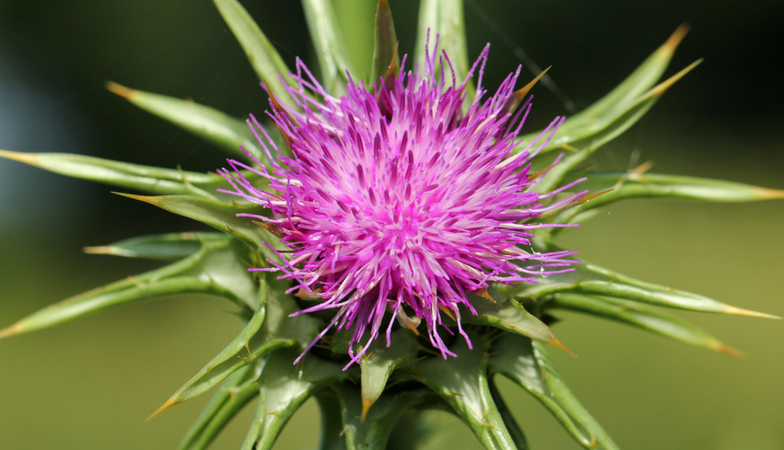Air pollution is not only ruining our lungs, new research suggests it’s also affecting our brain power. Maira Hermann Zeh reports on how to fight back
You can’t see the pollution in the air you breathe but mounting evidence suggests your body registers its effects loud and clear.
This week, a study published in BMJ Open found that those who lived in areas with a higher proportion of nitrogen dioxide in the air had a staggering 40 per cent higher chance of developing dementia after 50 than those who lived in less polluted areas.
In fact, pollution has been grabbing the spotlight recently. A few weeks ago, a study in the UK by Queen Mary University of London and the British Heart Foundation showed that even low levels of exposure to air pollution can lead to functional and structural changes to the heart.
‘The changes were comparable to being consistently inactive or having elevated blood pressure’ said Dr Nay Aung from Queen Mary University of London, who led the study’s data analysis.
Professor Jeremy Pearson, associate Medical Director at the British Heart Foundation explains further ‘what is particularly worrying is that the levels of air pollution at which this study saw people with heart remodelling are not even deemed particularly high by the UK Government – this is why we are calling for the WHO guidelines to be adopted.’
But the damage caused by air pollution goes even further. It appears that some air-borne toxins can even cross the blood-brain barrier and cause some serious damage.
According to a Chinese study published recently in the scientific journal PNAS, also widely reported in the news, chronic exposure to air pollution can impede cognitive performance especially maths and language skills.
The study found that we may lose the equivalent of a year’s worth of education when exposed chronically to high levels of pollution. The elderly are the most severely affected, losing up to two years’ worth of education – backing up this week’s findings.
So, with pollution constantly bombarding us, we can help our bodies fight back by strengthening our in-built detoxification systems.
1. Get your iodine quota
The thyroid hormones T3 and T4 require iodine to be synthesised in our bodies. Both are believed to play a major role in regulating the basal metabolic rate of every single cell in our bodies including liver cells which are key to your body’s ability to fend off the effects of heavy metals and other toxins from pollution.
As such, it follows that thyroid dysfunction may disturb liver function and vice-versa. A review by the Department of Medicine at University College London (UCL) highlights the intricate relationship between the thyroid and the liver in health and disease. Therefore, the body’s iodine status can affect the liver’s detox system via the thyroid.
As far as heavy metals go, iodine can directly help neutralise the damaging effects of such chemicals and make it easier for the body to excrete them out.
The European Union Nutrient Reference Value (EU NRV), which provides the minimum recommended daily intake of a nutrient) for iodine is 150 µg per day.
Healthista’s Nutritional Director, Rick Hay, explains, ‘iodine deficiency can be quite common – good food sources are seaweed, sea salt, cranberries organic eggs, prunes, plain yoghurt, spirulina and tuna’.
‘To get your iodine from food, have a few grams of seaweed such as nori or wakame, 50g of cranberries, 5 prunes give about 10 percent of the NRV, two eggs will get you about 30% of the NRV. Take care with having too much of the seaweed kelp as it is super high with even a gram delivering more than the NRV’ suggests Hay.
2. Eat Brazil nuts and brown rice
Selenium is an important mineral commonly used in the functioning of many body processes.
A deficiency may present itself as minor ailments like tiredness, muscle weakness, brain fog, low mood, frequent colds and hair loss but may go as far as an increased propensity to lung, colorectal, bladder and prostate cancers as reported by the renowned medical journal The Lancet in 2012.
Given selenium’s prominent protective effects on key detox systems in the body such as the liver and the lungs, appropriate levels of this mineral in our diets is not only important, it is paramount.
A study by the Pomeranian Medical University in Poland, published in 2013 by the scientific journal PLOS One found a correlation between low selenium levels and both laryngeal and lung cancer occurrence.
The EU NRV minimum recommended daily intake of selenium is 55µg.
‘Good sources of selenium are Brazil nuts, tuna, sunflower seeds, brown rice and mushrooms. But by far the easiest way to get the NRV is to have a couple of Brazil nuts’ recommends Rick Hay. ‘A couple of eggs will get you part way there as will a cup of brown rice. You can get a decent amount too from a 100g piece of chicken or turkey. 30g of Sunflower seeds will help.’
3. Keep your Vitamin C levels up
Vitamin C is one of the most prominently active antioxidants circulating through the body and it plays an especially important role in the cardiovascular system (CVS). In fact, in the lungs, vitamin C is one the most active measures against oxidative damage.
The lung, a key organ in one of the body’s most important detoxification systems, has a particularly close relationship with the CVS. The lungs are not only full of blood vessels, they also directly mediate the exchange of gases between the blood and inhaled air. That means any substances beneficial to the CVS will, directly or indirectly, benefit the lungs as a result.
In order to filter out all the junk that comes into our bodies via inhaled air, the lungs’ anti-oxidative systems are continuously consumed by the body.
That means they are particularly prone to developing conditions such as cancer, inflammatory diseases, amongst others.
The susceptibility of the lungs to succumb to such conditions is influenced by its ability to counteract the oxidative stress caused by pollution.
‘Vitamin C is often only used for its immune boosting properties. However, its role as a cleansing antioxidant should not be overlooked,’ explains Rick Hay. ‘It’s found in berries, citrus fruit, kiwi, green vegetables, leafy greens and tomatoes.
‘The EU NRV for vitamin C is only 80mg but for best detox results take 1000mg to 2000mg daily,’ suggests Hay. ‘One Kiwi fruit gives you the NRV, half a cup of black currants will get you there too. One orange and a cup of berries too. To get a higher dose, have a few cups of leafy greens and green veg throughout the day.’
4. Get the rays when you can
Vitamin D is better known for its beneficial effects on bones but you may be surprised to find that its benefits reach far and beyond our skeletons. It turns out that Vitamin D also has a powerful and positive impact on the lungs.
In a collaborative study by the University of Western Australia and Murdoch University published in 2013 in the scientific journal PLOS One, researchers found that vitamin D can regulate the population of good bacteria in the airways as well as key immune system cells involved in asthma attacks which are often triggered by air pollution.
The study showed that asthma attacks in vitamin D-deficient mice was more severe compared to attacks in vitamin D-replete mice.
But even more amazingly, the research found Vitamin D could also revert the severity of the symptoms in vitamin D-deficient mice and that supplementation was a more important determinant of asthma attack severity than even genetic predisposition.
Rick Hay explains, ‘one of the most common vitamin deficiencies we see is that of vitamin D. Above and beyond its benefits to the bones, for which it is more commonly known, vitamin D can also help immunity, mood and protect the lungs, one of the most important detoxification systems of the body.’
The EU NRV minimum daily dose recommendation for Vitamin D is 5µg or 200 IU.
‘For adequate vitamin D levels increase your intake of fatty fish, organic cheese, tofu, organic eggs, shiitake mushrooms and fortified cereals,’ recommends Hay.
By far the best dose of vitamin D is from sunshine. According to the NHS: ‘Most people can make enough vitamin D from being out in the sun daily for short periods with their forearms, hands or lower legs uncovered and without sunscreen from March to October, especially from 11am to 3pm’.
5. Fill up on avocados and almonds
They’re trendy foods for a reason. Aside from being rich in essential polyunsaturated fatty acids, avocados and almonds also contain Vitamin E is another nutrient playing a key part in the body’s detox systems.
It too is an antioxidant but what really sets it apart from other antioxidants is that vitamin E is a fat-soluble molecule making it particularly good at preventing damaging damage to our body’s cholesterol which increases our risk of atherosclerosis, a hardening of the veins and arteries due to the deposition of fat within the walls of blood vessels and a common cause of heart attacks.
As a powerful antioxidant, vitamin E has a myriad of important systemic health benefits including assisting in the function of the liver.
During the process of detoxification of potentially harmful substances for example, the liver produces a lot of free radicals.
These can damage biological molecules such as protein, lipids and even DNA as well de-activate important detoxifying enzymes, creating havoc within the liver.
So a plentiful supply of antioxidants is particularly important for this vital detoxification organ and, amongst them, full range vitamin E.
Rick Hay says, ‘vitamin E is another of the key antioxidant protective vitamins and can help with hair, skin and nail health too whilst it cleanses the liver. Key food choices are almonds, seeds, spinach, kale, avocado and pine nuts’.
The EU NRV minimum daily dose recommendation for Vitamin E is 12 mg or 17.9 IU.
6. Try a liver detox supplement
The name chlorella comes from Greek – ‘chloros’ meaning ‘green’ – and Latin – with the diminutive suffix ‘ella’ meaning ‘small’.
But don’t be fooled by its small size, the grandeur of this little green algae lies within. Amongst its many health benefits, chlorella plays a particularly important role in detoxification.
How can chlorella aid your body’s detox systems? For starters, it’s one of the most iodine-rich foods you can find.
It also contains these long fibres called fucans that are believed to latch onto chemicals like heavy metals and help neutralise them. Fucans also make the laborious chore of excreting them a lot easier for our bodies.
Make sure you get your chlorella from a reliable source that harvests the seaweed from clean waters. Precisely because of its metal-chelating properties, chlorella, and most algae for that matter, can bind to metal ion pollutants in seawater.
This means that you could ingest the toxic compounds you are trying to get rid of.
According to Rick Hay, ‘this is the go to super green to help with heavy metal detox – it is also used as part of a protocol to help during amalgam fillings removal in order to reduce high levels of mercury.
‘I like the Synergy Natural Organic Chlorella – it is well researched and is organic too’ suggests Rick Hay. ‘Synergy Natural Organic Chlorella
is ecologically and organically grown in large, shallow and nutrient-rich freshwater ponds then carefully spray-dried in a few seconds, preserving its nutritional content.
‘For superior digestibility and absorption, the cell walls are ‘cracked’. To preserve the nutrient and enzyme content, each bottle when packed is nitrogen flushed to eliminate oxygen. No fillers or additives are used anywhere in the process – what you get is 100 per cent pure chlorella’ explains Hay.
Dose: one to three teaspoons daily in water or juice.
7. …the bitter herb gentian
Gentian is a member of the class of bitter herbs and it really does have an extremely bitter taste indeed. Bitter foods and herbs have been known to help the liver because their bitterness is attributed to health-promoting compounds such as plant-based phenols, polyphenols, flavonoids, isoflavones, terpenes, to mention a few. However, because the bitter taste of, well, bitter foods is not always agreeable to the palate of many people, the naturally occurring bitter compounds are often removed from foods, making the supplementation of bitter compounds into our diets particularly important.
Gentian root has been used in folk medicine for centuries as a bitter medicinal plant to stimulate appetite, improve digestion and to treat a number of digestive complaints such as heartburn, stomach ache, vomiting and diarrhoea.
Appetisers for example are essentially alcoholic plant extracts designed to stimulate your appetite and they are often bitter.
Angostura bitters, for example, uses gentian to flavour the liquor. So, next time you are served an appetiser at a friend’s dinner party, you know that they are just biochemically manipulating you into thinking their food tastes a whole lot better than it actually does by making you hungry.
And just for the sake of clarity here, we are NOT endorsing appetiser-based alcoholism.
In a 2014 study published in the journal Food and Function, researchers found that extracts from gentian could prevent liver damage in rats treated with a compound that induces liver fibrosis, a condition that is observed in liver damage from things like alcohol.
Dose: 5 mls of gentian tincture per day. Gentian tincture is available from Amazon
8. …schizandra
Many studies have shown the liver-protecting effects of the herb schizandra. A 2014 study published by the Department of Anatomy and Developmental Biology at Korea’s Gyongsang National University showed that extracts from Schizandra sinensis can help prevent alcohol-induced fatty liver.
Another study showed it can also help prevent liver fibrosis by stopping spontaneous liver cell death, a condition observed in the development of liver cirrhosis.
The main compounds found in schizandra conferring it its benefits are lignans and schizandrins, especially schizandrin C.
But it harbours various bioactive compounds including deoxyschizandrin, schisanheno, schizandrol, sesquicarene, citral, stigmasterol and vitamins C and E.
Their health benefits stem mainly from their free-radical- and oxidant-scavenging activity, thereby reducing the oxidative stress damage caused by such chemicals hanging around in the body.
Dose: 5 mls of schizandra tincture per day. Schizandra tincture is available from Amazon
9. …and milk thistle
Milk thistle’s protective effetcts on our detox systems stem mainly from a compound called silymarin which has been shown to boost the body’s anti-oxidative mechanisms, with a particular affinity for the liver.
A study published in the scientific journal Food and Chemical Toxicology showed that extracts of milk thistle seed reduce key markers of liver disease including enzymatic activity, oxidative damage and good versus bad cholesterol levels.
The beneficial effects of the plant extracts were, in some cases, comparable to and even better than the pharmaceutical drug Hepaticum.
It was later found that silymarin was one of the main components of these herbal extracts. Of particular note here were the effects of silymarin on HDL/LDL ratio (the ration between your good versus your bad cholesterol) and glutathione levels, both of which increased with milk thistle extract treatment.
Higher HDL/LDL ratios are better for health because it indicates that there is more good cholesterol circulating through your system than bad cholesterol. And glutathione is quite simply one of the most potent antioxidants found in your body so it’s a double wammy with a single herb.
Dose: 5 mls of milk thistle tincture per day or try HRI Milk Thistle tablets £10.39 from Healthista Shop
More Healthista content
Weight loss transformation diaries week 3: Alcohol and weight loss don’t mix
11 healthiest alcoholic drinks – a nutritionist’s guide
10 ways to relax after work without alcohol or food
60 second smoothie for cleansing – green detox
30 Weight loss tips in 30 days – #3 Detox Bio Herbal Formula


Like this article? Sign up to our newsletter to get more articles like this delivered straight to your inbox.





